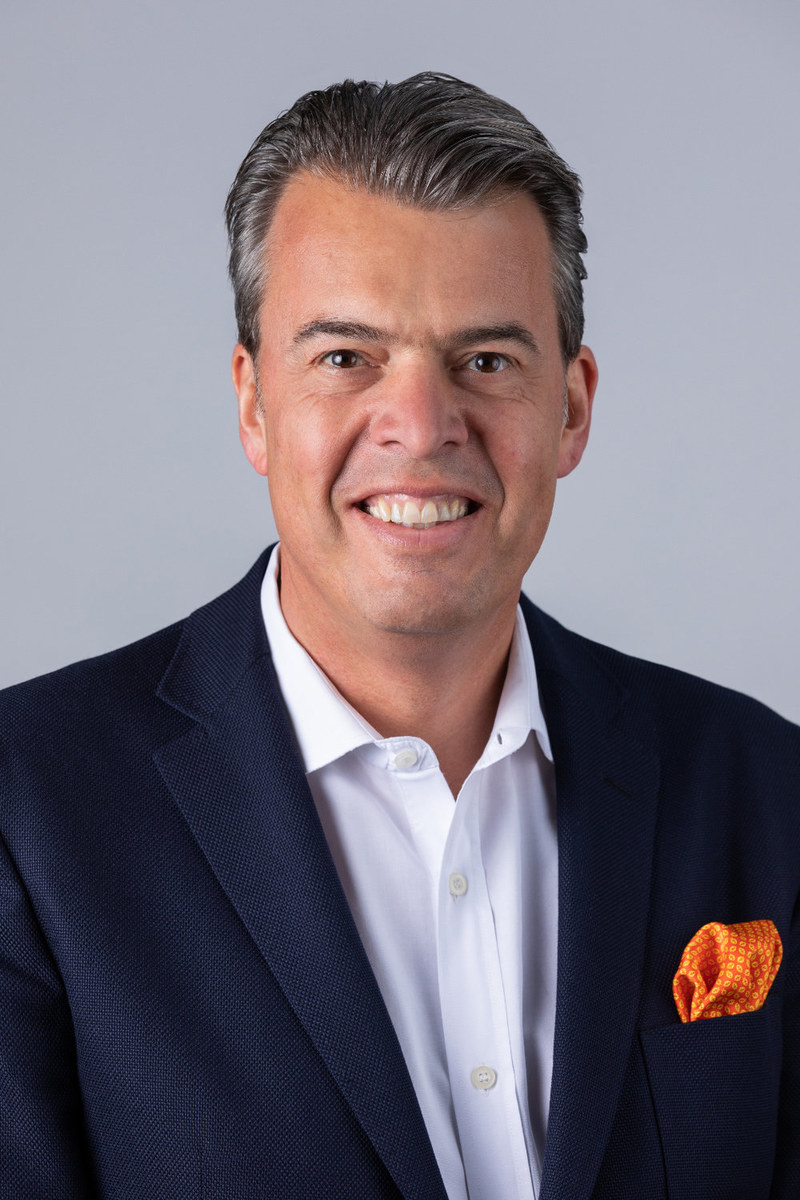DUBAI: There is something reassuring about a hotel brand that has lasted and flourished for over 100 years. Besides weathering cataclysmic events during this period, the Hilton Group has endured the universal pandemic and emerged full of learning and strength.
“One of the reasons we have been in business for 103 years and doing that very well is anticipating trends and having great staff,” said Jochem-Jan Sleiffer, president, Middle East, Africa & Turkey, Hilton, in an interview with Arab News.
“I started my current role the year COVID-19 hit, and let’s say you get to know your team very well in a crisis. I got to see what people are made of, how they held hands to shoulder responsibility.”

Jochem-Jan Sleiffer, president, Middle East, Africa & Turkey, Hilton.
The pandemic also changed the course of things to come. Current travel trends that help the brand stay ahead of the curve include focusing on sustainability, digital offerings, and the simplicity of a great bed and shower pressure.
“This is what people want. Sustainability is front and center: People had seen the globe differently when travel stopped and are very eco-conscious now,” he said. “It’s everything from offering farm-to-table local produce, reducing plastic water bottle usage, and planting local trees.”
Along the green trail
According to a 2022 report by Booking.com, 81 percent of travelers confirmed that sustainable travel is essential to them, with 50 percent saying that recent news about climate change has influenced them to make more sustainable travel choices.
The research is based on insights gathered from more than 30,000 travelers across 32 countries and territories, with 71 percent of global travelers wanting to travel more sustainably over the coming 12 months — a 10 percent increase year on year.
Sleiffer has worked in the hospitality industry for 30 years, starting his career at Hilton Amsterdam in 1990. Today, he oversees Hilton’s operations in the region, including 85 existing properties and 110 new ones that will open in the Middle East and North Africa in the next five years.
“We are growing our portfolio in the Middle East and North Africa by 130 percent,” said the hotelier.
“We increased revenue per available room 121 percent this year, up 8 percent compared to 2019 in our region. We are excited about new openings ahead — it’s a year of firsts for us.”
This year, big openings include the first Hilton on the Palm Jumeirah, the first Waldorf Astoria in Kuwait, the first Waldorf Astoria in Qatar, and the first Conrad in Morocco. Hilton currently operates 16 hotels in Saudi Arabia and has 45 in the pipeline.
“We see tremendous growth all over the region, but if I have to call out some countries, I would call out Saudi Arabia,” said Sleiffer. “It is a huge growth area for us with Vision 2030 We are fully aligned with the Ministry of Tourism. Saudi has mythical new openings that will allow us to be part of building a great story.”
On the home front
A trend arose during COVID-19 of an increase in domestic travelers discovering their own country; Sleiffer believes this will continue. Bloomberg reported late last year that the Kingdom expects 50 million visitors in 2022 — 45 percent of which are Saudi residents.
“That is one of the positives of COVID-19, that Saudis have rediscovered their own country as well,” he said. “All hotel operators are looking at Saudi now, but we have been in the Kingdom for a long, long time, and we already have a big presence in Makkah and Madinah. So our relationship with the Ministry of Tourism is very strong. Looking at the megaprojects, we want to be in all of those, too.”
While leisure travel has been a core part of growth over the last few years, Sleiffer said business travel is witnessing a renaissance.
“The leisure staycation business has helped us after the pandemic, but we also see big meetings; people want to reconnect with their teams,” he said. “We see it with people visiting from head office and team-building activities. It makes sense because colleagues have spent two years on virtual calls.”
For business and leisure travelers, the top source market for the Middle East and North Africa hotels in the first quarter of 2022 were actually residents enjoying staycations. Guests flying in from the UK comprised the second top source market. Hilton’s focus is an international, consistent standard with a local flavor in each country.
“Developing local talent is high on our agenda,” Sleiffer said. “We want to hire locally as much as we can to reflect local communities.”
















